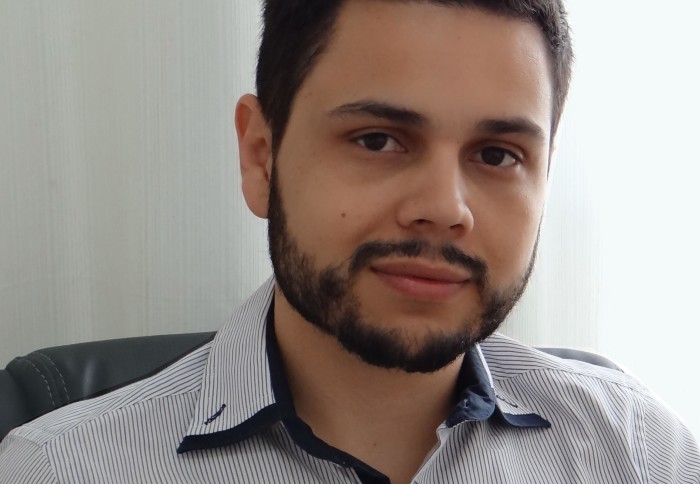UK-Brazil fellowship brings 25 new research projects
by Zara Qadir

New research projects in gas innovation and carbon dioxide abatement at Imperial College
The Sustainable Gas Institute (SGI) is delighted to announce the start of 25 new research projects at Imperial College through the Gas Innovation Fellowship programme (GIFP).
GIFP is a collaborative programme between the University of São Paulo (USP), Imperial College London, Royal Dutch Shell and National Council for Scientific and Technological Development (known as CNPq). The programme was set up with the aim of fostering co-operation between Brazil and the UK in the field of gas use via the exchange of researchers and academics between institutions.
Twenty PhD students and five post-doctoral researchers (all Brazilian nationals) will pursue collaborative research projects while enabling researcher mobility from Brazil to the UK. Of 25 projects 10 projects will start in late 2018 or early 2019.
The GFIP projects cover a wide range of topics that are all relevant to the energy industry including new applications for gas, carbon capture and storage (CCS), gas-fuelled transport, CO2 storage and infrastructure, and energy systems modelling. The researchers will be spread across Imperial College departments in the Centre for Environmental Policy (CEP), Aeronautics, Civil Engineering, Chemical Engineering and Earth Sciences and Engineering.
“Of the 20 PhDs, four will receive a joint PhD (exclusively to Aeronautic Engineering Department at Imperial College/USP) after spending 2 years at USP and 2 years at Imperial College, eight will be sandwich students (1 year at Imperial College/ 3 years at USP) and eight will receive their PhD from Imperial College (4 years at Imperial College).
One postdoctoral research fellow, Dr Jose Eduardo Graciano, has already been through the programme in the previous year when he joined the group of Dr Benoit Chachuat in the Department of Chemical Engineering. Jose’s project title was entitled ‘Process synthesis of natural gas to higher value chemicals products: cost and life-cycle assessment’.
We asked Jose about his time at Imperial College and the importance of the GIFP programme.
“The unique human structure at Imperial College, including laboratory supervisor and coworkers, provides an excellent research environment where it is possible to exceed the limits of research through cooperative discussion and analysis of problems. This differential is responsible to make the Centre for Process Systems Engineering at Imperial College London a world reference in its field.
The GIFP provided the financial support and the required network to make all this possible, playing a very important role on the progress of the Brazilian science. I was very happy working at Imperial, because it gave me the opportunity to spend some time living and working in one of the greatest cities of the world.”
Dr Benoit Chachuat also commented on the programme.
“It has been a great opportunity to work with the Sustainable Gas Institute and our partners in USP (Prof. Rita M Brito Alves) on this exciting project. We had considerable flexibility to try out cutting-edge simulation and optimization techniques and new ideas as part of the project. Jose was a great asset, both very professional and knowledgeable. The ability to present our results and interact with other researchers during the Sustainable Gas Research & Innovation conference in September this year also proved very beneficial.”
The GFIP programme has been approved by the Brazilian Oil, Gas and Biofuels Agency (Agência Nacional do Petróleo, Gás Natural e Biocombustíveis – “ANP”). GIFP is financially supported by Royal Dutch Shell along with the Brazilian National Council for Scientific and Technological Development (Conselho Nacional de Desenvolvimento Científico e Tecnológico – “CNPq”).
Article text (excluding photos or graphics) © Imperial College London.
Photos and graphics subject to third party copyright used with permission or © Imperial College London.
Reporter
Zara Qadir
Department of Earth Science & Engineering